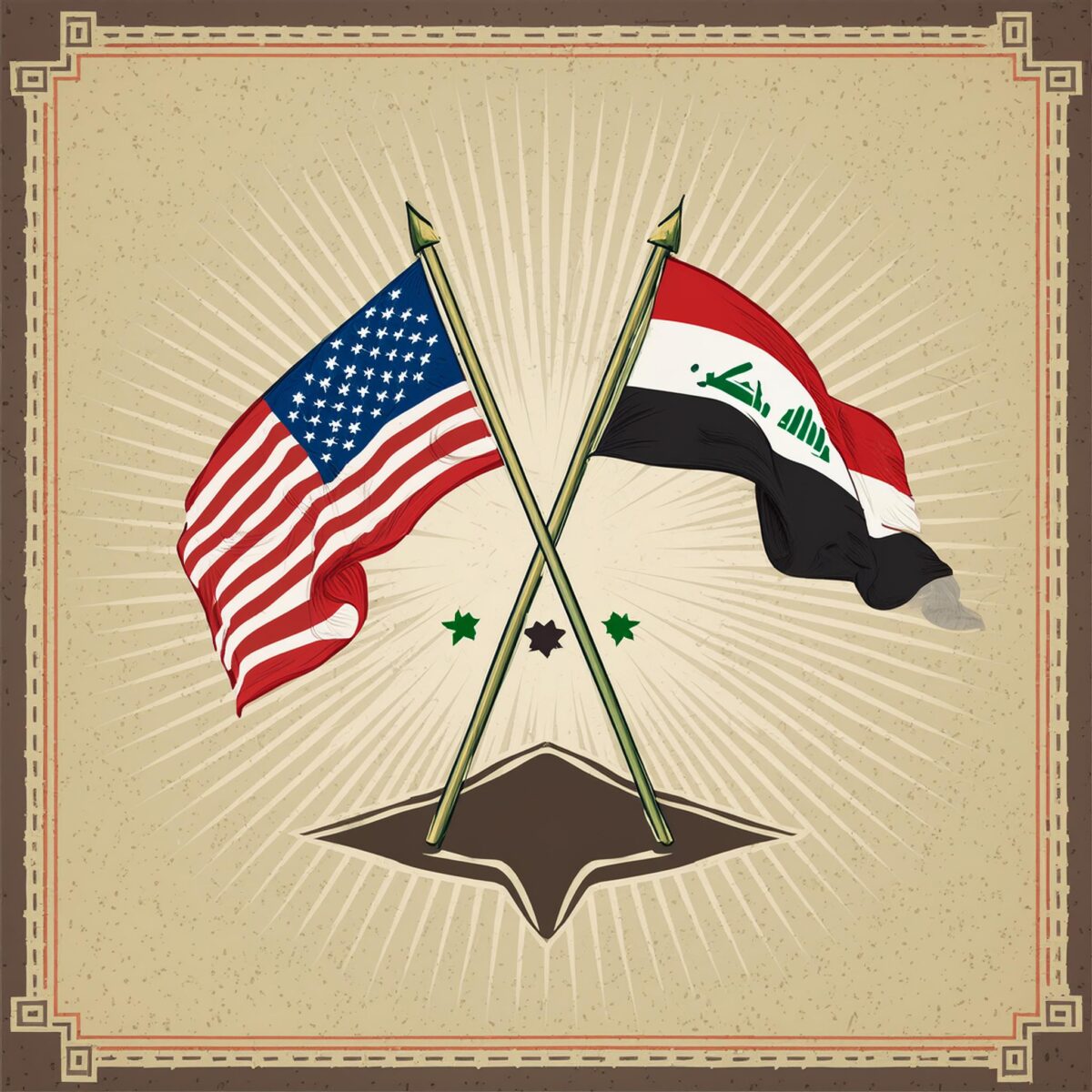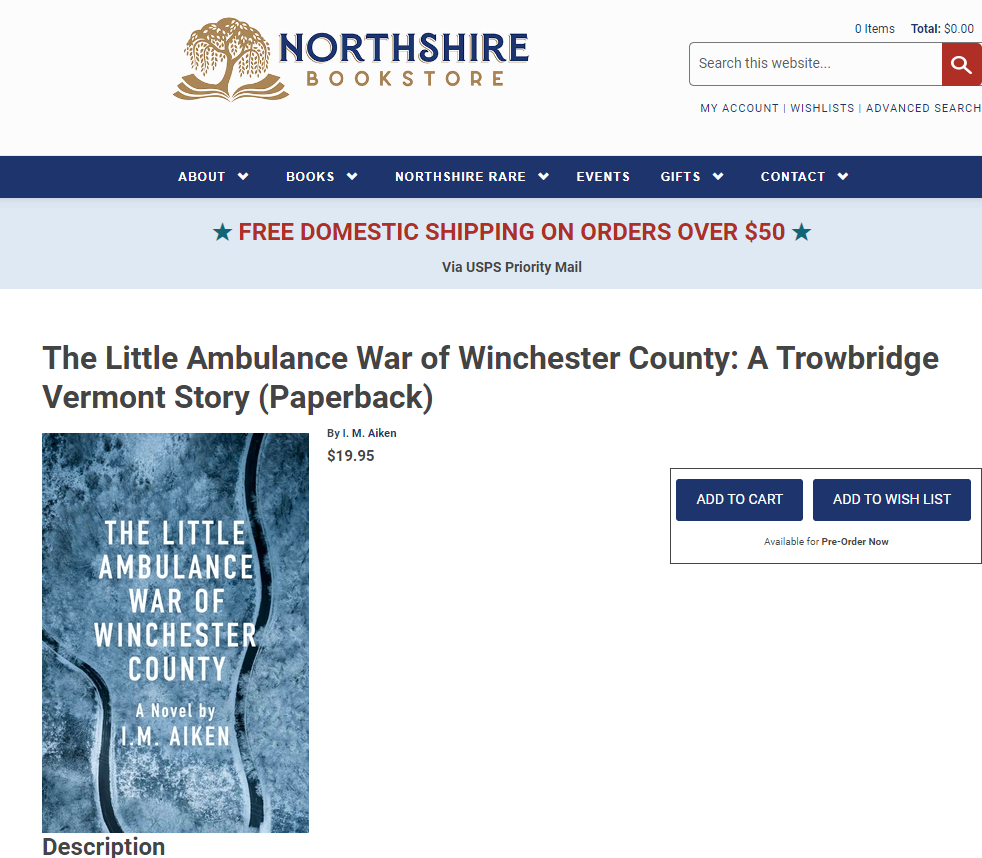You know Rock-Paper-Scissors? The arbitor of childhood disputes, bar bills between mates, and general nonsense. No pick is perfect. Rock beat scissors, paper beats rock.
The three elements dance in a circle each one dependent on the other. They may just be the three in the three/three rhythm. I’d like to thank luck, then I think it was hard work and perseverance that got me this far. But then without a few denars in my pocket, I wouldn’t have the freedom, time, and tools to do the work I love. Rock beats scissors. Paper beats rock. Scissors beat Rock, as the hand wraps a fist.
Luck
I just shipped 3 advance review copies of The Little Ambulance War of Winchester County (boy that is a long name. Of course, Jonas Jonasson has me beat with “The 100 year old man who climbed out the Window and Disappeared”). I thought how lucky I am to be shipping these copies to random strangers (Upstate New York, Illinois, and Missouri).
Work
What hard work it was to get here. I can’t count the failed manuscripts, abandoned manuscripts, the hundreds of rejection letters. The Little Ambulance War earned over 90 rejections letters. The one prior to that, at least 80. My 1995 manuscript you can add another 40 to 50 rejections. Failure after failure after failure. I am very ok with that. I have learned to embrace failure. Point at it, call it by its name. There, that is a flop, a failure. Naming a failure and studying it allows for learning — or dark exploration of the impact of dark matter and the odd behavior of quarks, take your pick, I’d say.
The writing happens. I know every edit just screamed for me. It just does. I write the way other hum or sing or pluck a guitar or drive fast. The thought is there in 800 words or 2000 words or 4000 words. Then I must figure out the tenses, and un-break my typos, my dyslexic spellings, find the missing words, and all my other normal foibles. That’s work for me. It that in the right order? Does that work? Did I say enough? Did I write too much? I don’t know how to go through a week without writing.
With enough failures and rejections, I know my weakness. At least three times since the pandemic I have written myself 60,000 words into a novel only to discover there is no arc and, oops, no ending. Isn’t that rule? “Begin with the end in mind”. Then I think, what visual artist hasn’t taken the time to sketch with the tip and side of a pencil to discover the shape of things, the personality of characters, the focus, and discover how to build tension with a few strokes of graphite on paper. That’s not a failed manuscript or a failed story, it is a sketch. The masterpiece may, or may not, yet come of that render.
I learned my work habits early. My father woke at the same time nearly every day and wrote for the first 4-6 hours of the morning. Coffee and cigarette in his study. I turned 60 today and I see a reflection of my father in my own discipline. No cigarette and no coffee, but yes to tea, thank you. These routines permit the work to flow through me with the regularity one might derive from a healthy diet.
It is work to write. It is work to evaluate your own right. Is this interesting enough? Am I telling a story that anyone cares about. How can I sculpt this to better support the story?
None if this matters, if there isn’t food on the table, a roof over the heads, a place to sleep, clean water to drink and clothing to cover bits of my anatomy (you’re welcome, by the way). Without money, it is hard to push yourself creatively. Art and creativity don’t pay their own wages.
Have I stridden to deep into gratitude journal? Oh well, it is ok to be grateful. I am grateful. With hundreds of rejections, a digital-draw full of writings, and some measure of hope, I am seeing a novel get published in September. On one hand I want to minimize the accomplishment with mutters about past publications: short stories, technical books and articles. Oh pfft, ain’t nothing about a natural step forward. No, not true. I had luck, work, and money all click together nicely.
Money
Why money?
When emailing a friend, a long-established author, a prize-winning author, a guy with movie and TV credits, he informed me that his publishing company has “asked” him to hire his own publicist. A guy with a mature and successful career just got told that he needs to invest his money in his own marketing efforts. So not just the newbs, but the seasoned professionals find the publishing world shifting under their feet too.
Money is a help. As I am learning this summer of 2024, I must build a brand and sell me to you. Like every other creative person looking to pay the mortgage, I want to scream: “Isn’t enough that I write and tell stories?” The contemporary answer is, “no.” I am a business. I must create the product, market the product, find my peeps, communicate with my peeps, love my peeps, and once I make a connection, keep them engaged. Money helps.
Any monkey’s uncle can publish a book. And for those who haven’t seen it, it is happening daily. Find a topic, find a delightful title, tell AI to write you a novel. You publish to Amazon, and some one will buy it.
Human beings now stand in a digital crowd waving human arms with human shaped hands saying, I am human. We’re standing next to digital facsimiles who occasional burst out with an extra finger or a malformed arm with two elbows. We must reach out to other human beings to say, I am not a cat or I am not AI. I am me, human, writer, etc.
The goal is presales. The goals include thumbs up, likes, hearts, want-to-reads. The goals are digital clicks from real people who will hopefully walk into real bookstores and buy a real book and smile a real person while paying with digital cash.
So, I hired a marketing person to help me. Together, we develop strategies for social media and we work and work and work at it.
Luck & Money & Work
In a week, we (me, Elina, Catalyst Publishing, spousal human behind the scenes) all picking goals that involve interest, presales, units sold, reviewer’s thoughts, social media references. In one week, we went from having nothing to over 3000 folks interested enough in The Little Ambulance War to click a button and say: “hey, maybe?!?”
That is luck. I write in a room surrounded by Vermont forests and hills. In any given month, I see the same 10 humans. The staff at the farmer’s coop for chicken feed and bedding, a few local friends, the counter guy at a local farm stand where we buy two black-and-white frappes (it is not some nonsense from a coffee shop!) What do I know about people beyond this boundary? Nothing. But 3000 people said, “maybe”. That came from luck, hard work, and investment of actual money.
I thank you for your interest.
Birthday 14JUL
My birthday treat to myself on 14JUL 2024, I will deliberately tumble and roll down a hill in my yard. My grandmother did her first somersault at either 60 or 66. I’ve been a reckless idiot most of my life. I have earned my horrible knees, but damn it, I can still take a tumble for fun and walk away (I hope). That’s sixty. Finally knowing better and still acting stupid. Go for it.




